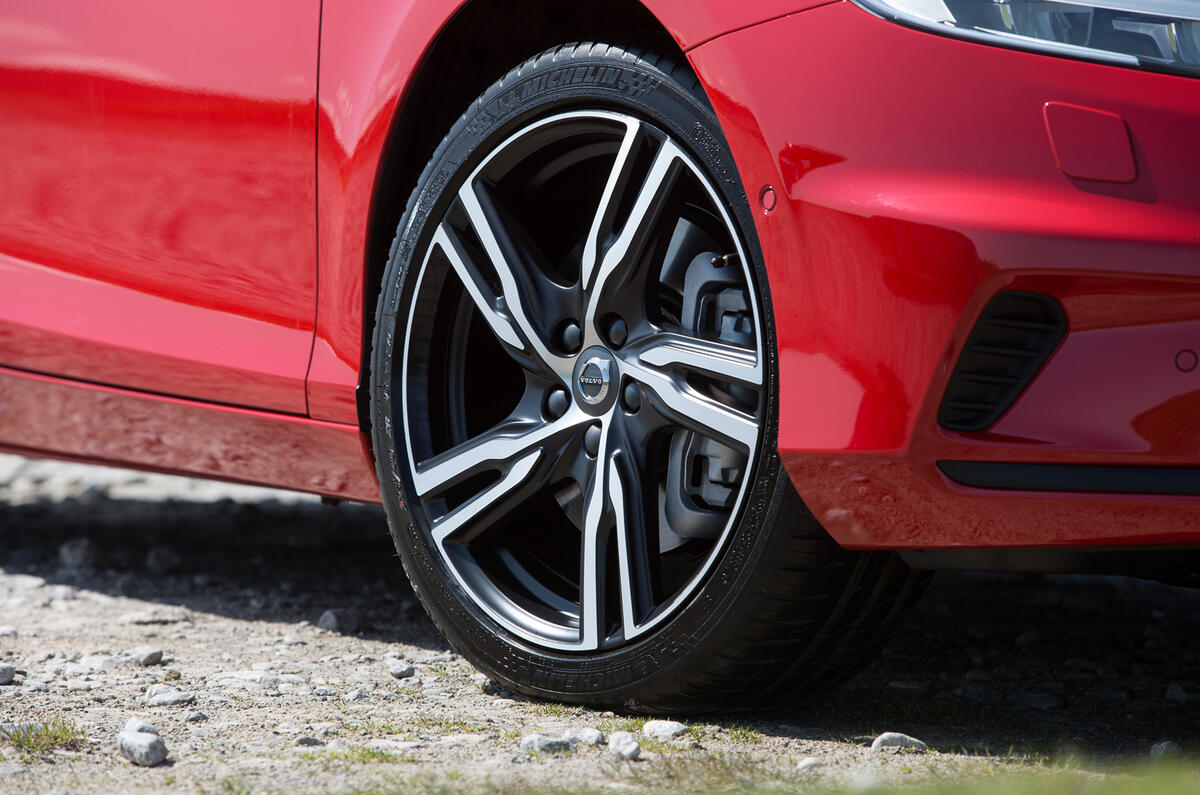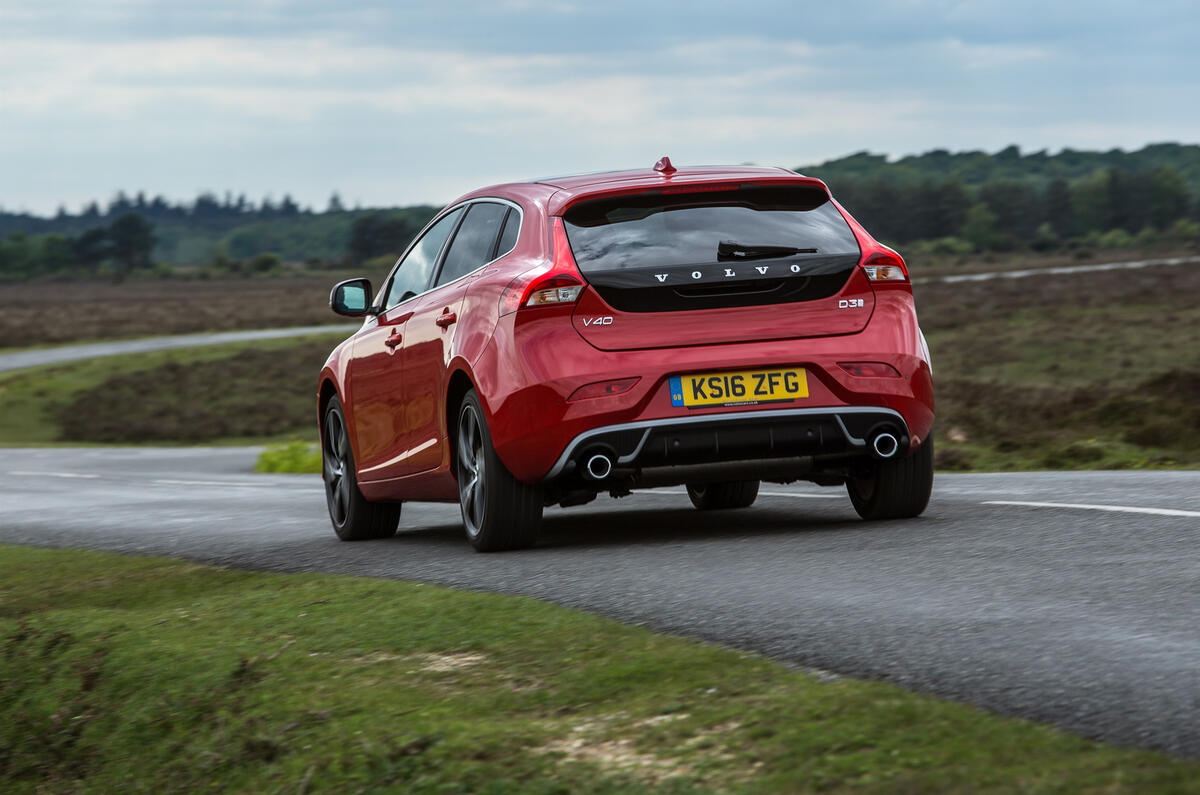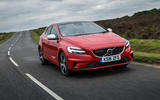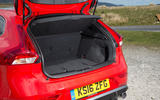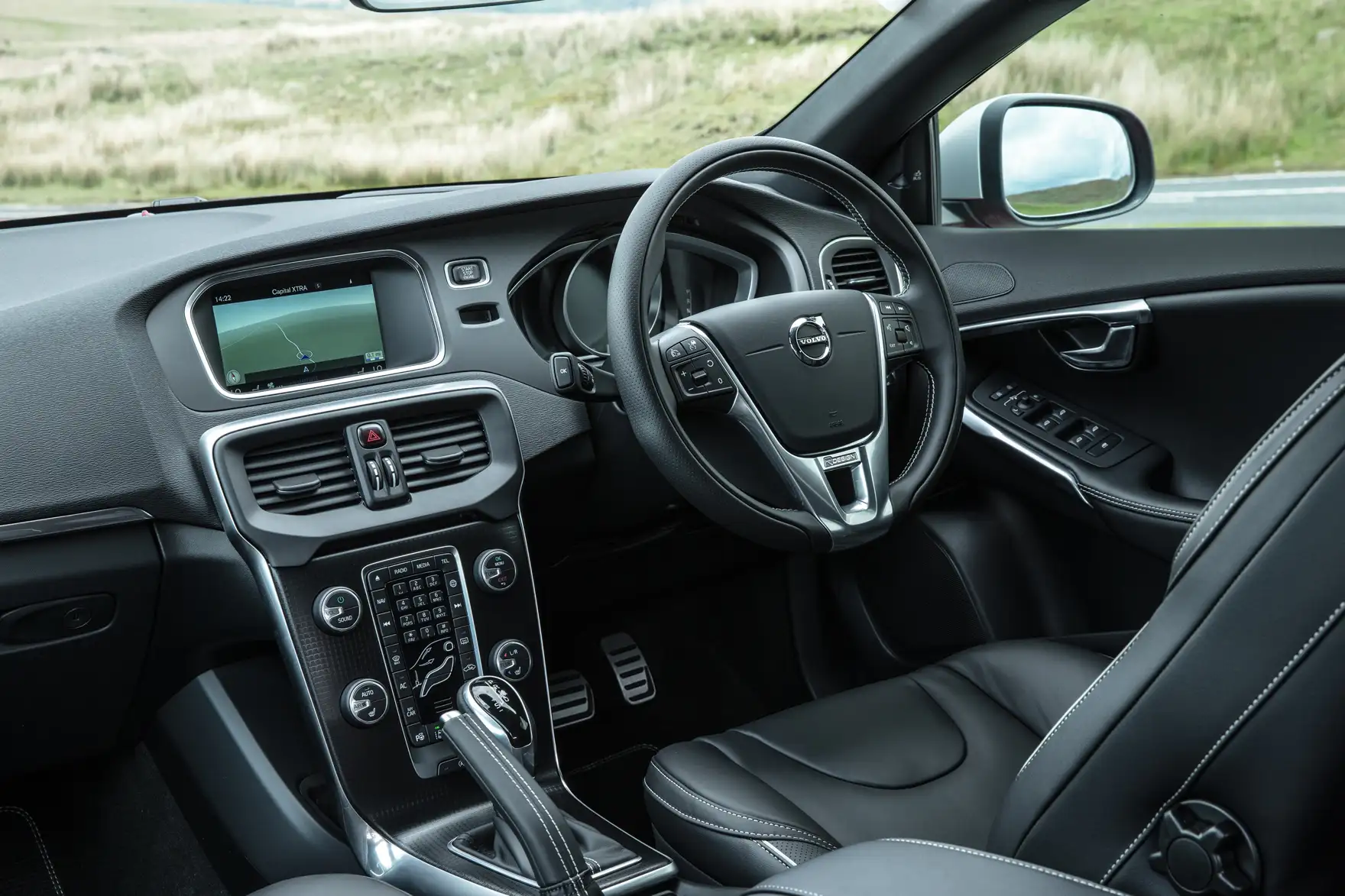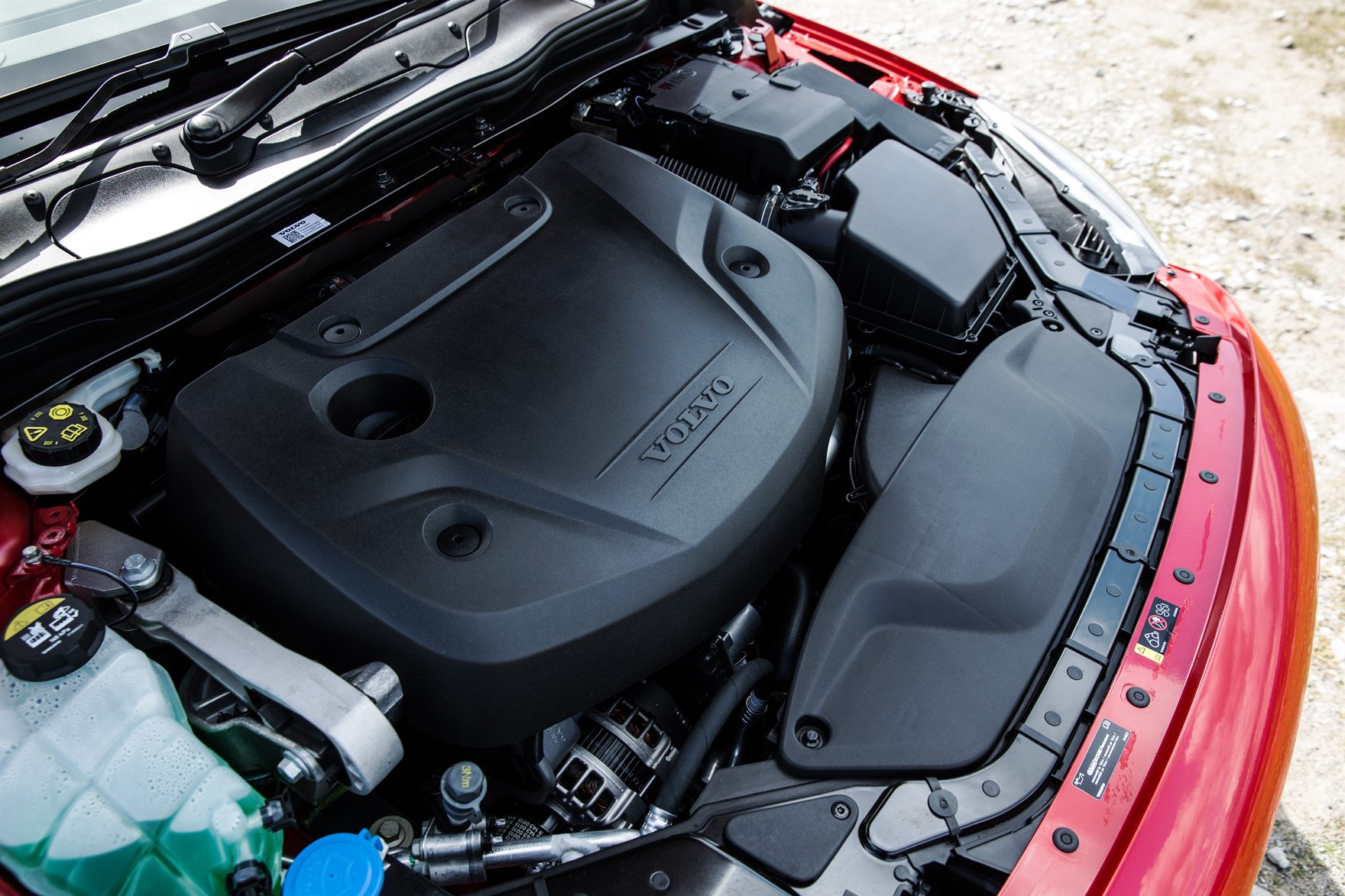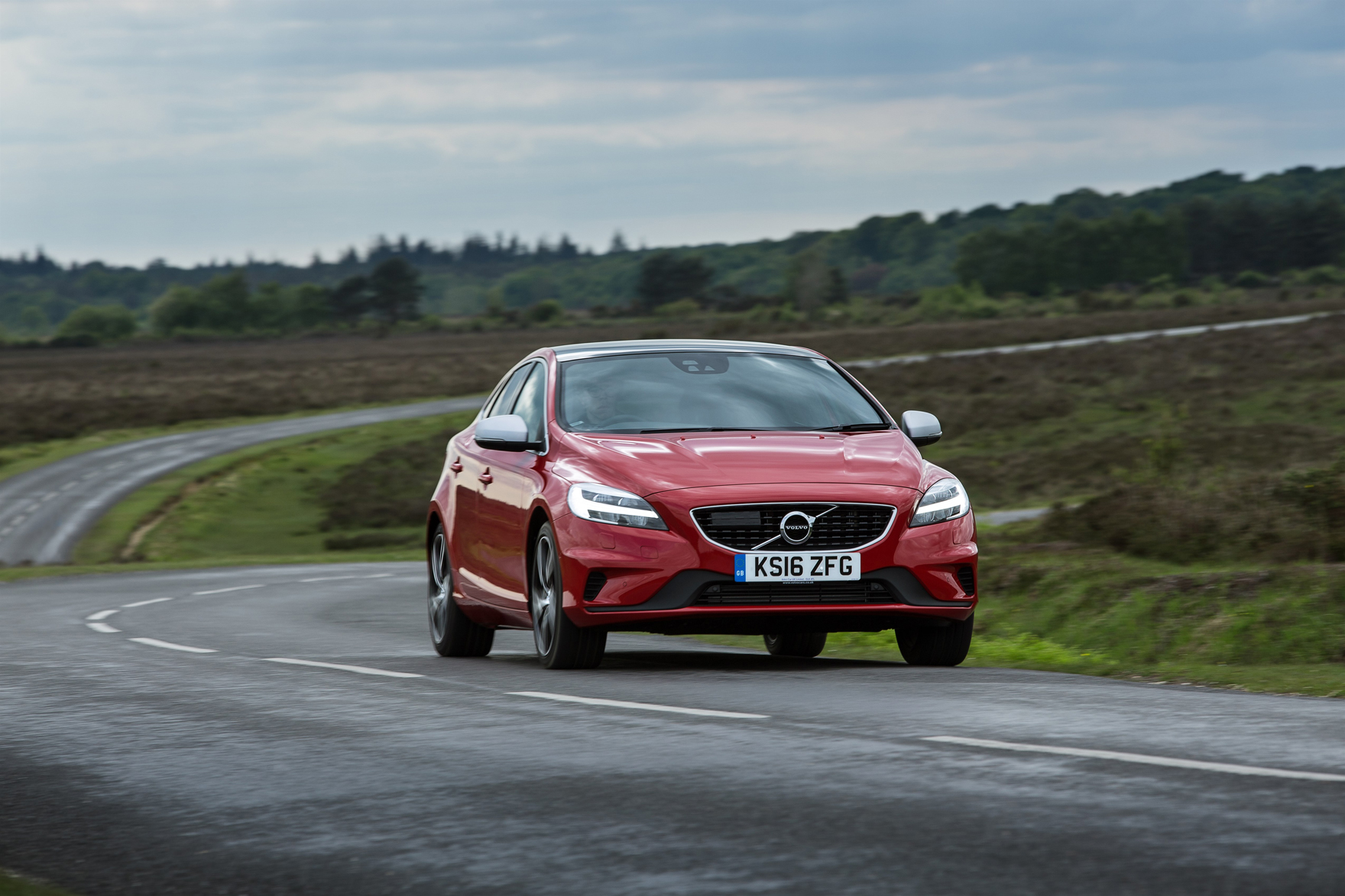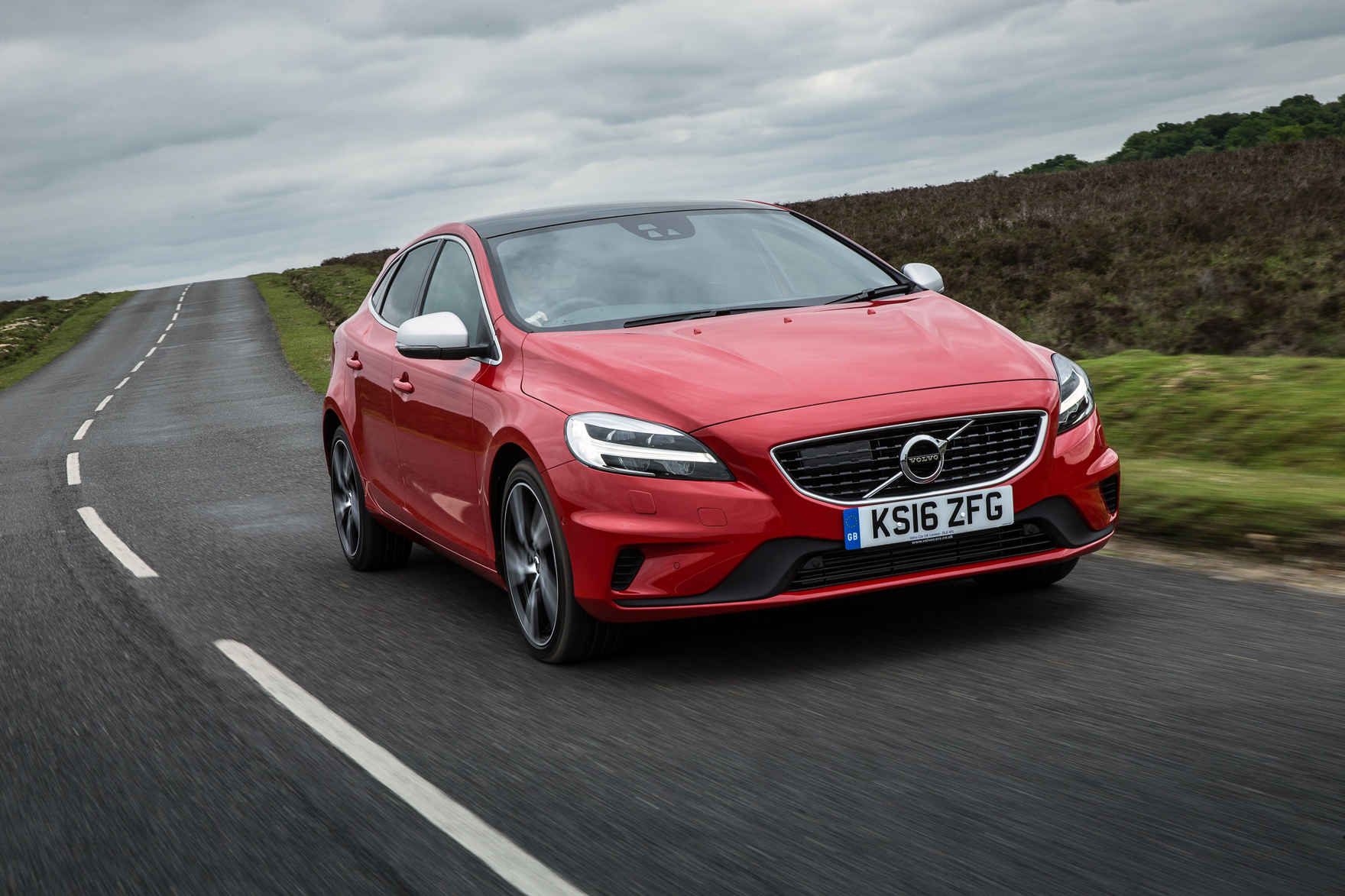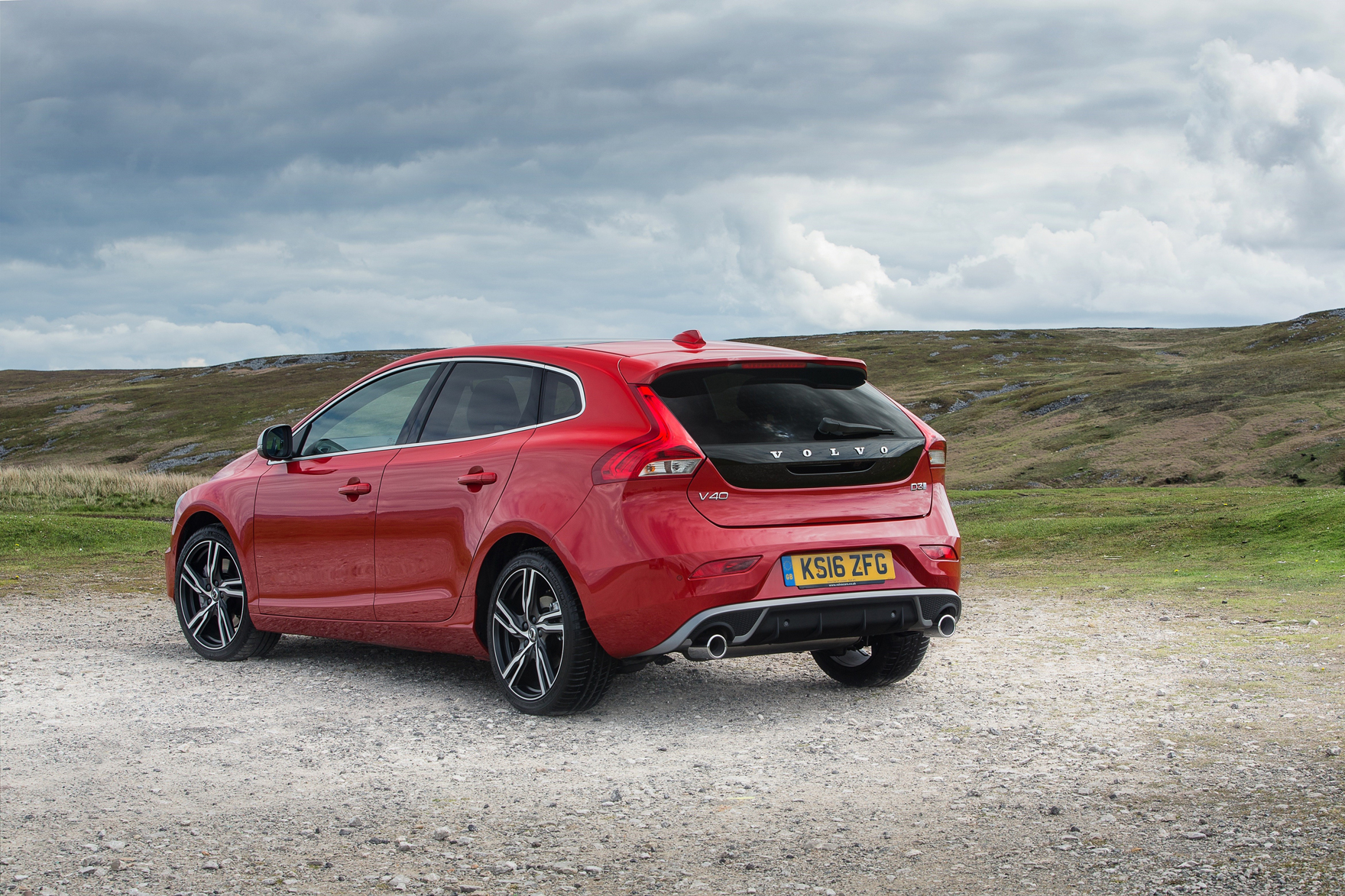Amazon, P1800, 960, 850 T5-R… Sweden knows how to make a cult hero. But with the Volvo V40, the firm could have been accused of mislaying the recipe, even though the Cross Country version did make an appearance in cult TV detective series Midsomer Murders.
Okay, you’re not convinced, but get this: today, the V40 has a surprisingly large and loyal following among those who, we assume, are attracted by its sleek looks, deep quality and, crucially, unshowy – read: ‘not German’ – heritage.
On that last point, why else would someone forgo the superior driving experience and practicality of something such as the Audi A3 Sportback? Price, perhaps?
True, a V40 is slightly cheaper by around £1000 and comes with a little bit more kit. In these costly times that might swing it, but we prefer to imagine Volvo’s less assertive image is responsible, too.
The V40 had a job on its hands when it landed a little over 10 years ago. Under the stewardship of new company owner Zhejiang Geely Holding Group, Volvo was finding its feet.
Bosses wanted the V40 to make its mark on the premium end of the family hatchback market. Being based on the Ford Focus was a good start, and until 2015 the V40 also shared that model’s petrol and diesel engines, including, in the T5 version, the five-cylinder 2.5 from the Focus ST.






